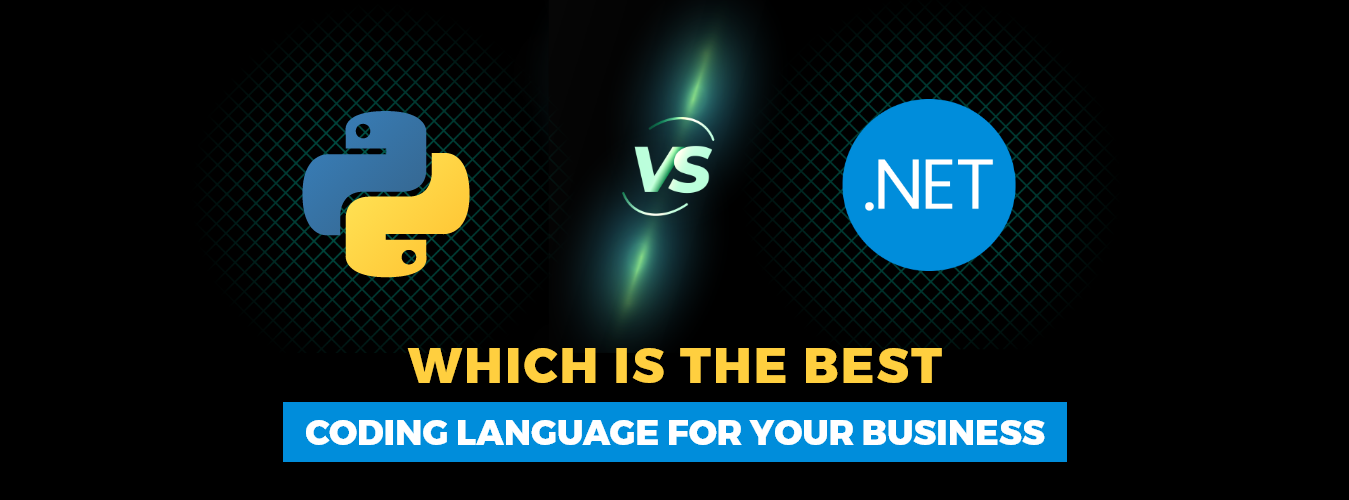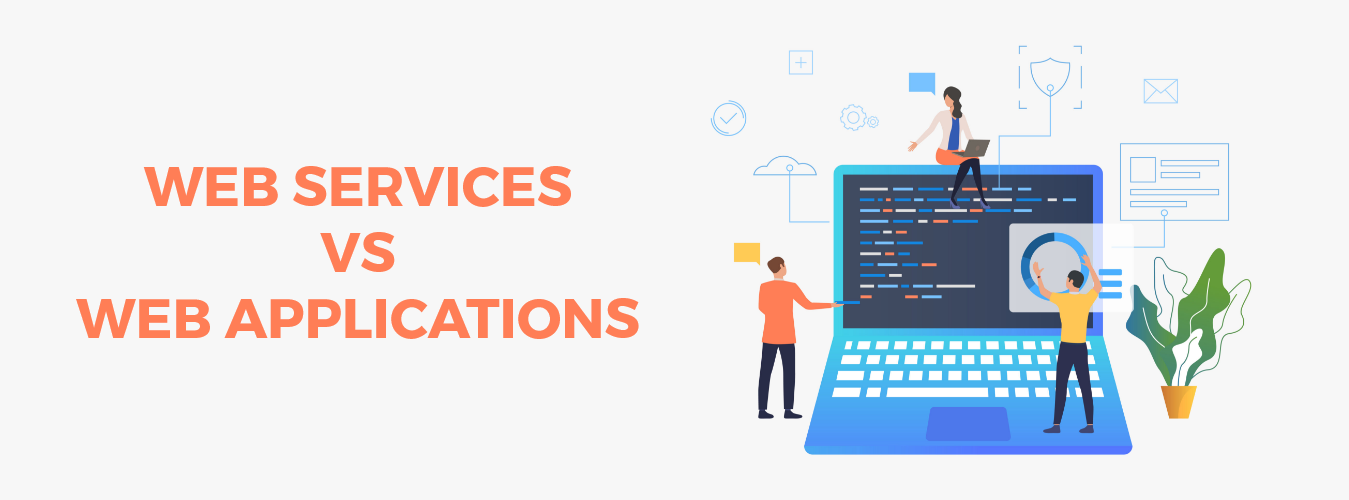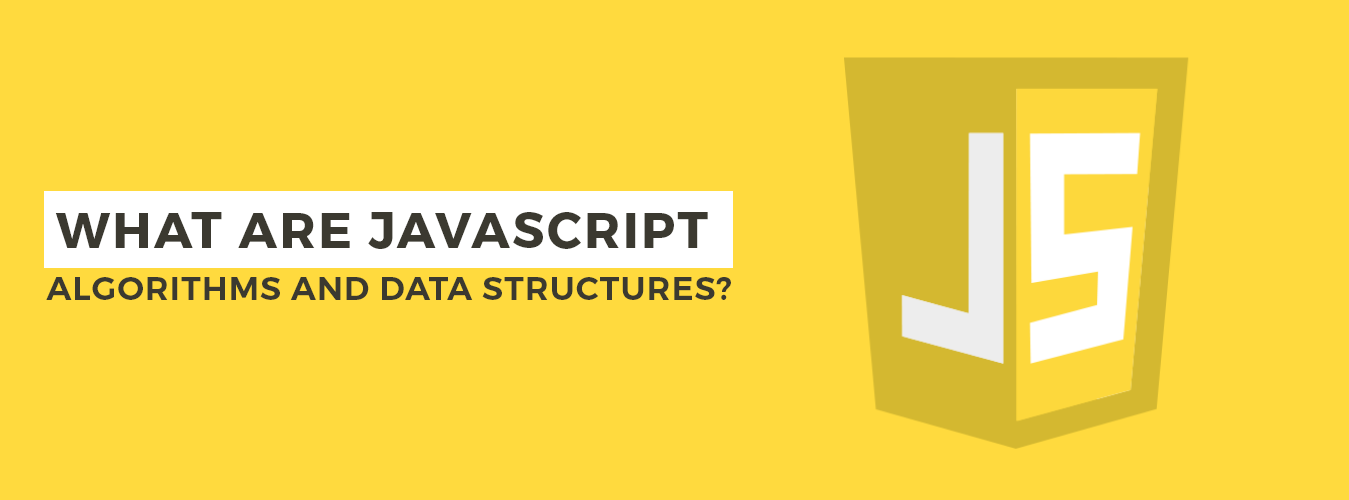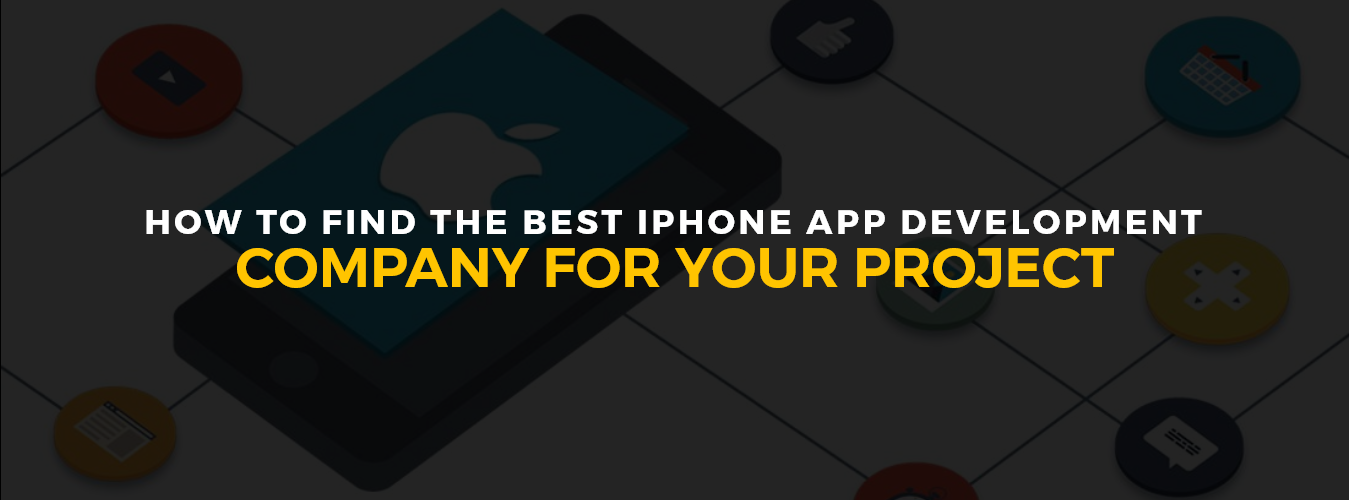Every .Net Application Development Services requires a solid coding language for their software, websites, and applications to function correctly. Making the appropriate option for the coding language is crucial because it can significantly affect a project’s success.
But which language is most appropriate for your industry? Python vs .Net is two prominent choices that you may have heard of. Both have benefits and drawbacks, making it challenging to choose between them.
In this post, we’ll examine Python vs .Net in more detail and outline their key distinctions to assist you in determining which is ideal for your company. We’ll look at their benefits and drawbacks and their various applications so you can confidently choose a programming language for your projects.
Crafting Your Ideal Mobile App/Experience Starts Here!
Ready to elevate your business? Your custom app is just a click away.
Yes Let’s goPython for Rapid Application Development
Python is a programming language that can be used to create apps, websites, and more. It’s a fantastic option if you want to start designing applications right away. One of the main advantages of using Python is its extensive library system, which enables you to build apps with little to no coding. As a result, it is possible to create new applications quickly, which is perfect for companies who need to prototype ideas or release updates swiftly.
The scalability of Python is another benefit. It is frequently used in large-scale projects when the same code needs to be revised repeatedly. This makes it an excellent option for companies wishing to expand their product portfolio and easily introduce new goods. Additionally, Python allows seasoned developers and newbie programmers to work effectively without additional training, thus saving both time and money.
Also Read: 8 Best Examples of Apps Built With Python To Focus
.Net for Enterprise Level Software Solutions
Enterprise-level software solutions are concerned.Net is the obvious choice for companies looking for a dependable, secure, and high-performance application platform. With its integrated support for Microsoft Azure cloud services, Net’s scalability, robustness, and scalability make it the perfect choice for mission-critical applications that demand dependability and power.
The .Net framework features powerful features such as:
- Object-oriented programming languages – allowing .Net Application Development Services to create robust software solutions quickly
- Visual Studio Code – an advanced development environment with built-in debugging tools
- A vast library of third-party tools and libraries – giving developers unlimited options to expand their application’s capabilities
- Outstanding support – including an active community of developers and numerous resources to assist in troubleshooting any issues that may arise.
Overall, if your business needs powerful software solutions that perform well and meet stringent security requirements, .Net is a perfect choice.
Python Is Open Source, .Net Is Proprietary.
One of the fundamental differences between Python and .Net is that Python is open source while .Net is exclusive. This shows that Python considers free utilization and alteration of the product. Anybody might add to and share the code, making it reasonable and generally accessible.
The Normal Language System, or CLR, from Microsoft, is an exclusive rendition of .Net, then again. A full improvement climate empowers software engineers to compose programs in numerous dialects, including C#, Visual Fundamental, and F#.
The essential advantage of .Net is that, due to its bound-together library framework, designers from various programming dialects might team up on a similar venture at a cost. This makes .Net more straightforward to investigate and make due. This might be a downside for organizations hoping to reduce expenses or utilize an open-source stage without limits.
Subsequently, Python can be your ideal choice assuming that you’re looking for a modest language that allows you to make changes without paying a charge or being obliged.
Also Read: Role of Python in Artificial Intelligence
The Python Community vs the .Net Ecosystem
Regarding settling on Python and .Net, the greatest contrast may not be the actual language, but rather the climate of designers and libraries accompanying it.
Python is about local area and cooperation. It’s open source, meaning engineers can work together on projects without obstructions, making it ideal for new companies. Besides, it has a gigantic library of outsider expansions accessible online, so you can rapidly track down arrangements and tackle issues.
The .Net biological system is somewhat divergent in that it’s more coordinated with a set-up of Microsoft items like Visual Studio, so you have more command over your improvement climate — which makes it extraordinary for bigger associations who need dependability and unwavering quality.
Ultimately, the choice between Python and .Net should depend on what features you need for your project and what type of business you are in. Python might be the right choice if you’re building something new and need quick results with a lot of third-party help. However, if you want a more stable and reliable platform with advanced scaling options, .NET might be a better choice.
Hiring Python or .Net Developers – The Pros and Cons
When it comes to hiring a developer – whether Python or .Net – you need to consider the pros and cons of both languages, depending on your industry and the kind of applications you’re developing.
Python
Python is a high-position programming language focusing on easy readability and simple syntax. It’s perfect for web and app development, artificial intelligence, machine literacy, and data wisdom. These features make Python a popular language among inventors. Plus, you can fluently hire an educated Python inventor as they are extensively available, making it more cost-effective than hiring inventors in other languages.
On the wise side, Python is unsuitable for mobile apps or gaming development because of its ferocious memory nature, so keep that in mind when deciding which language is stylish for your business requirements.
.Net
Developed by Microsoft in 2002, the .Net is a collection of languages used for software development on Windows systems. It’s an ideal choice if you need to produce desktop apps or integrate with Windows services like Office 365 or SharePoint. Plus, with time spent enriching the language,. Net has nearly zero security issues, making it an extremely dependable and robust software toolkit.
So if Windows operations are a commodity, your business needs also. Net would be the stylish choice over Python due to its trustability and integration capabilities. Still, one debit is that it takes longer to learn, so it may take further time to hire an educated inventor compared to someone with experience in Python programming.
Also Read: Why You Need a .Net Development Company
Migrating From Python to. Net or Vice Versa
Net to another language seems like a daunting task, right? But the good news is that it’s not as delicate as it sounds. It was migrating from either Python or.
So if you are trying to decide whether to resettle from Python to .Net or vice versa, then are some effects to consider.
Speed of Development
Python is known for its speed of development. It allows inventors to throw together an operation snappily and with minimum trouble — so if time is an issue, Python is a great choice. On the other hand, .Net takes further time to develop apps but offers a range of features that may compensate for the redundant development time.
Cost-effectiveness
Python is open-source and free, which makes it super cost-effective whereas. Net has licensing freights and associated costs which can be veritably precious if you need custom features or operations.
Migrating from one language to another requires planning and careful consideration of each language’s capabilities. While both languages have pros and cons, understanding them will help you decide which works best for your design.
Conclusion
As you can see, the debate between Python vs .NET has its pros and cons, and the stylish option for your business depends on the type of design and the pretensions you’re trying to achieve.
Regarding custom software development, it’s important to remember that Python and. NET are both essential and able languages. Both languages offer different advantages, so it’s important to get advice from educated inventors to ensure you choose the stylish language for your business.
With the right coding language, you can develop an effective and dependable Net operation for your business that meets your specific requirements. Eventually, the stylish coding language for your business will depend on the design pretensions, so be sure to precisely weigh the pros and cons before deciding.
Crafting Your Ideal Mobile App/Experience Starts Here!
Ready to elevate your business? Your custom app is just a click away.
Yes Let’s go







